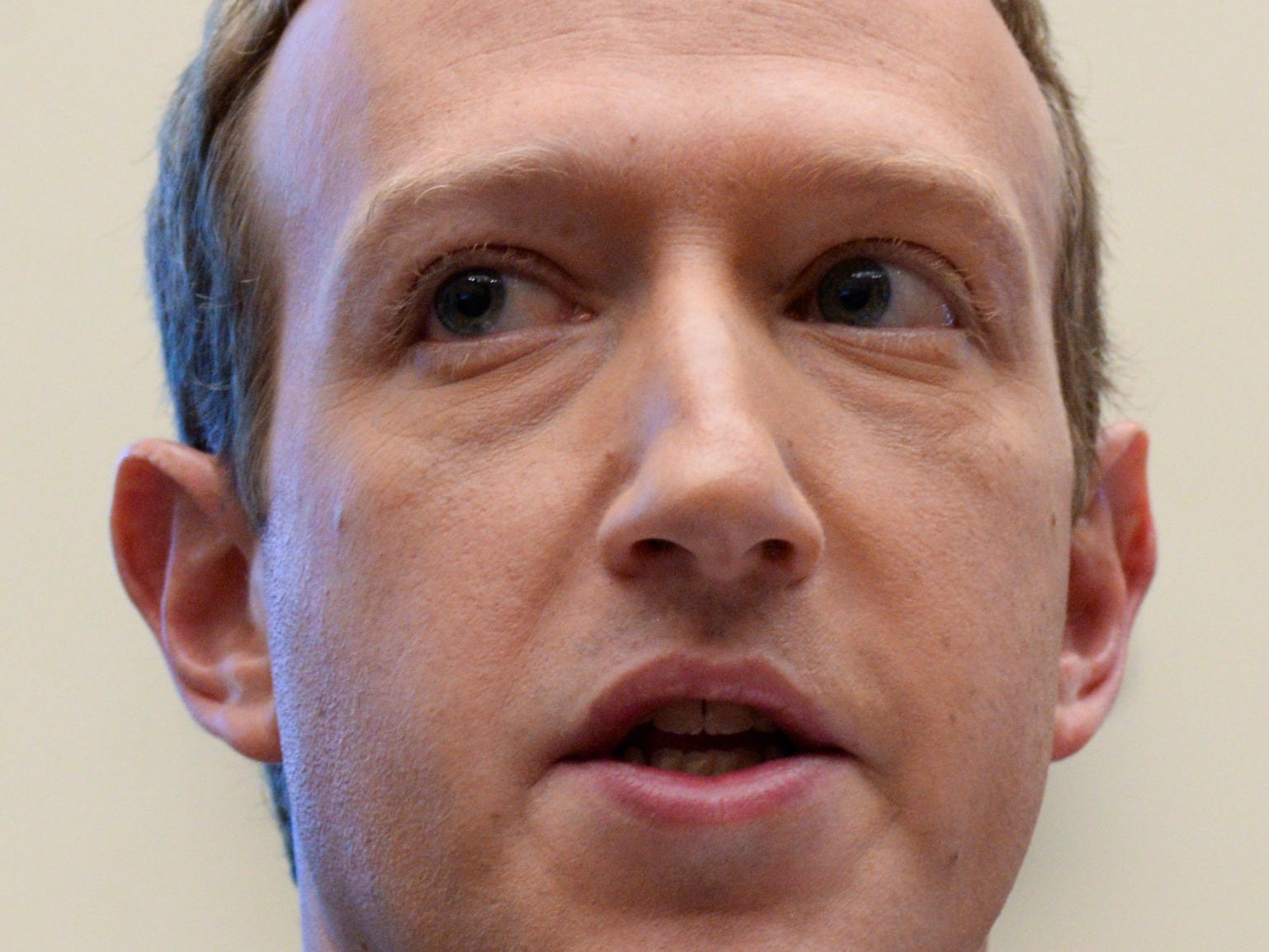
REUTERS/Erin Scott
- Facebook CEO Mark Zuckerberg once again said Steve Bannon’s account won’t be suspended after the former Trump advisor called for federal officials, including Dr. Anthony Fauci, to be beheaded.
- In a virtual Senate hearing Tuesday, Zuckerberg said the call is because doing so is “not what our policies would suggest that we should do in this case.”
- Bannon posted a video of his podcast that he posted to the platform on November 5 during which he called for Fauci and others to be beheaded. Facebook took the video down shortly after but did not suspend Bannon’s account.
- According to Facebook’s policies, first offenses of terrorism or child exploitation will get a user kicked off the platform.
- Visit Business Insider’s homepage for more stories.
Facebook CEO Mark Zuckerberg reiterated during Tuesday’s virtual congressional hearing that the firm will not suspend Steve Bannon’s account following his call for Dr. Anthony Fauci to be beheaded in a November 5 video.
In the hearing, Zuckerberg acknowledged that the video did violate Facebook’s policies, which is why the firm took the video down. But when Sen. Richard Blumenthal (D-CT) asked if Facebook would suspend the former Trump advisor’s account, Zuckerberg said the company would not.
“Senator, no, that’s not what our policies would suggest that we should do in this case,” Zuckerberg said in Tuesday’s hearing.
Bannon went after Fauci and FBI director Christopher Wray in a video of his podcast on November 5, which he recirculated on Facebook, as well as on Twitter and YouTube. He slammed the two for disagreeing with President Donald Trump and said “I’d put their heads on pikes” outside of the White House to warn other federal officials.
Facebook removed the video, but Zuckerberg then reportedly told employees in an all-hands meeting that Bannon hadn’t violated enough of the company’s policies to be booted from the platform.
"While the offenses here, I think, came close to crossing that line, they clearly did not cross the line," Zuckerberg said in the meeting per a report from CNBC.
YouTube removed the video in question from Bannon's channel, "Steve Bannon's War Room." Twitter took the most aggressive step and banned Bannon's account from the site for violating its policy surrounding violent threats.
Facebook, Twitter, and other online platforms have faced scrutiny leading up to, as well as after, the 2020 presidential election for policing misinformation and how they moderate content.
Tuesday's hearing was scheduled in part to discuss how the companies make these kinds of decisions, specifically how both Twitter and Facebook handled a New York Post story that contained unverified claims about Joe Biden's son.
Twitter banned the story's URL and Facebook limited its reach, feeding Republicans' belief that the tech industry discriminates against conservative content. Conservative lawmakers during the hearing have in part questioned Zuckerberg and Twitter CEO Jack Dorsey over what they say is anti-conservative bias on their platforms.

